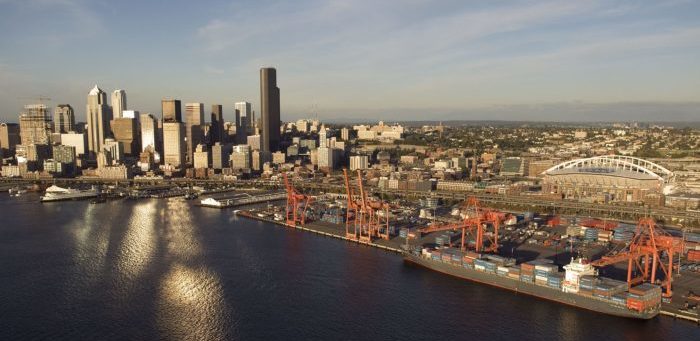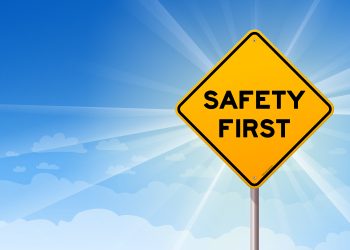The Republic of Marshall Islands (RMI) reminded the need for verifying and submitting the Critical Items Checklist (RMI Form MSD 340) before arrival in any US Port. Namely, it updates on deficiencies in the US, including examples that have caused detentions.
The checklist aims to reflect the status of the critical items that may cause a dangerous situation or Port State control (PSC) detention.
[smlsubform prepend=”GET THE SAFETY4SEA IN YOUR INBOX!” showname=false emailtxt=”” emailholder=”Enter your email address” showsubmit=true submittxt=”Submit” jsthanks=false thankyou=”Thank you for subscribing to our mailing list”]
Specifically, before arriving in a US port, the Master and Chief Engineer must complete and submit the Critical Items Checklist. The Critical Items Checklist makes sure that ships and crew comply to shipboard safety, security, and environmental protection standards.
If deficiencies are found, this may lead to suspension of documents and/or an additional audit of the vessel’s or company’s SMS.
According to RMI, deficiencies that have led to detentions, include:
- Quick Closing Valves intentionally blocked or disconnected;
- Insufficient pressure from emergency fire pump;
- Emergency generator did not start in automatic or manual mode;
- Crew unable to launch the lifeboat;
- Inflatable life rafts with hydrostatic release units not properly attached so that they could “float free”;
- Rescue boat engine did not start;
- Gas sampling lines disconnected during cargo operations;
- Hyper-mist systems set to manual mode or in the off position or sea suction valves closed during the PSC exam;
- Smoke detectors blocked, covered up, or inoperable;
- Not enough familiarity with the OWS;
- Oil Record Book (ORB) inaccurately maintained;
- Poor performance during the fire, abandon ship, and confined space entry and rescue drills;
- Inoperative Inert Gas System;
- Excessive fuel oil leaks and oil-soaked lagging;
- Blocked or clogged deck water spray nozzles on LPG vessels.
































































